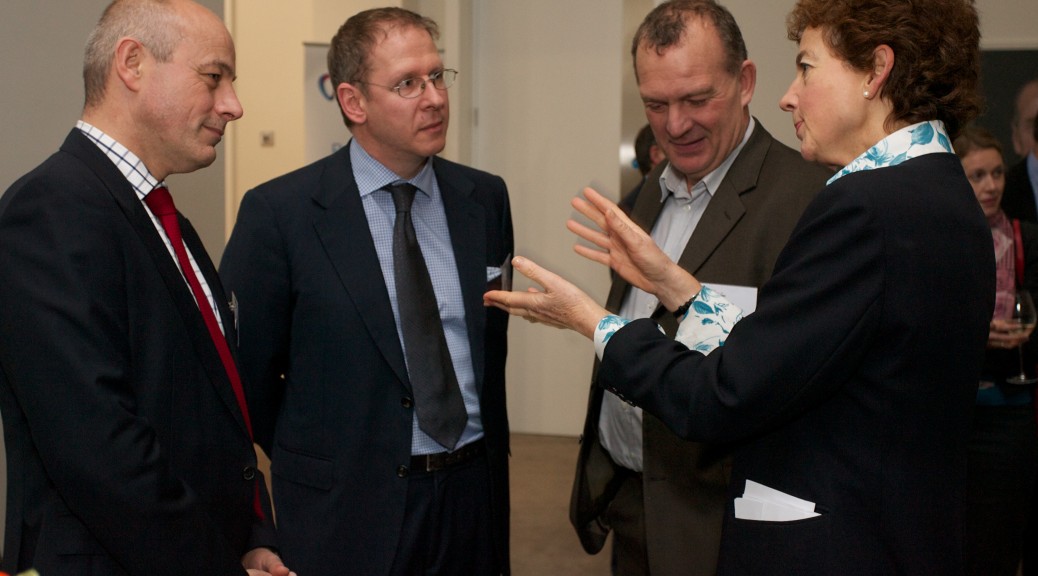
While conventional markets and brands were under financial siege by the recession, the concurrent development of a global, data-driven, mobile infrastructure provided an answer to the strife: the sharing economy. Billed as a radical new, ‘alternative’ socio-economic system based on the values of ‘sharing’ and ‘collaboration’, the sharing economy seemed like a fluid, big-picture response – one which some commentators have described in utopian terms since.
Benita Matofska, of The People Who Share, defines the sharing economy as, “A socio-economic ecosystem built around the sharing of human, physical, and intellectual resources. It includes the shared creation, production, distribution, trade, and consumption of goods and services by different people and organisations.” It is, in other words, a new, ‘alternative’ market which “Embeds sharing and collaboration at its heart” – a ‘hybrid economy’ enabling different forms of value exchange using shared physical or human assets. Matofska points to the ‘gig economy’, social media, peer-to-peer (P2P) trade and exchange, upcycling and recycling, as examples of economic sharing in action.
At the core of the sharing economy is the principle of people renting things they need from each other, The Economist argues, “The big change is the availability of more data, which allows physical assets to be disaggregated and consumed as services.” Apps and data, therefore, act as conduits for people to get in touch with one another and share what they need within this economy. Technology has reduced transaction costs, making the sharing of assets cheaper and easier than ever – or so the story goes.
The Economist is right in noting the significant disruptive effects of the sharing economy, which seem only to be increasing as these P2P markets develop. The consumer peer-to-peer rental market alone is worth around $26 billion. However, in their bid to market the sharing economy as a collaborative, user-first way of delivering services and products, the major players that make the sharing economy possible, and by claiming to be merely middlemen for ‘independent contractors’, large corporations like AirBnB and Uber understate their own involvement and responsibility for the sustainable development of the sharing economy.
This has impacts not just on ‘conventional’ rental markets but gives way to a whole host of regulatory and workers’ rights issues. Bike couriers for Deliveroo, said to be paid a mere £4 per delivery, receive no hourly rate from the company. This has led to spontaneous strikes and collective action from their drivers, followed by an aggressive response by the corporation. The adverse effects of AirBnB on local rental markets is well-documented, particularly in small cities such as Reykjavík, Iceland, which, in the context of a massive tourism boom, has seen a huge increase in rents and property values as a result of the sharing economy and has reportedly led to a major housing shortage in the capital.
As we get swept up in the excitement of this new means of meeting demand, we are arguably losing sight of the important question that must be asked of the sharing economy: what is being shared, and for whose benefit? Uber and AirBnB may claim to be middlemen for ‘independent contractors’, but they take huge amounts of commission from their contractors and have even been described as, “Giant corporations pursuing monopoly power.” They have not just disrupted the markets and the profit margins of their competitors, but it could be said that their desertion of responsibility has, in some ways, led to the disruption of the lives of the people who work with them by escaping regulation and giving them only precarious ‘access’ to work, rather than solid, reliable jobs. As the sharing economy develops and brands consolidate their grip on markets, its once seemingly-liberatory potential seems to be surpassed by many of the problems facing the ‘old’ ways of doing things. As the casual workers that make the sharing economy possible become increasingly organised, the sharing economy must reckon with its responsibilities and duty of care to contractors and consumers. The regulatory battles they already face with cities such as New York and Los Angeles will set the stage for what’s to come in this regard.
This is not to say that the sharing economy requires more regulation. It is the lack of broad state regulation which has generated many of its advances and entrepreneurial development, after all. What the major players in the sharing economy must do is to put their money where their mouth is and open up their brands as well as their services. That means sharing not just some more of the wealth (revenue at AirBnB increased by 80% during 2016), but the infrastructure and technology that makes the sharing economy possible.
Some have argued this should take the form of open brand APIs. The sea change in the relationship between producers, marketer, and consumers has turned brands into ‘platforms’, ‘ecosystems’, and the collaborative nature of this relationship and the role of consumer participation makes the possibilities for scaling different aspects of the sharing economy endless. For the sharing economy to prosper and grow, it requires the active participation and input of the people doing the sharing. By making their processes and insights open-source in a genuinely transparent developmental dialogue, a true sharing economy might finally emerge. By placing the locus of organisational power in the hands of a few small, closed-off and increasingly powerful companies, the sharing economy risks lapsing into the same old patterns that made conventional corporate culture no longer able to compete or meet the demands of consumers as efficiently.
The battles around regulation and consumer and worker rights are not mere teething problems –they will determine the shape of what’s to come. The cooperative nature of the sharing economy comes from the technology, and it is the technology which must change to be more inclusive and open to innovation in order to meet the sharing economy’s increasingly unstable demands on local economies and workers.







 Tired of paying over-the-top rates for poor service, bad communication, and a total lack of market strategy? It might be time to switch—your chief executive, that is.
Tired of paying over-the-top rates for poor service, bad communication, and a total lack of market strategy? It might be time to switch—your chief executive, that is.












